Unlocking new digital tools in practice: leaders in nursing and midwifery discuss
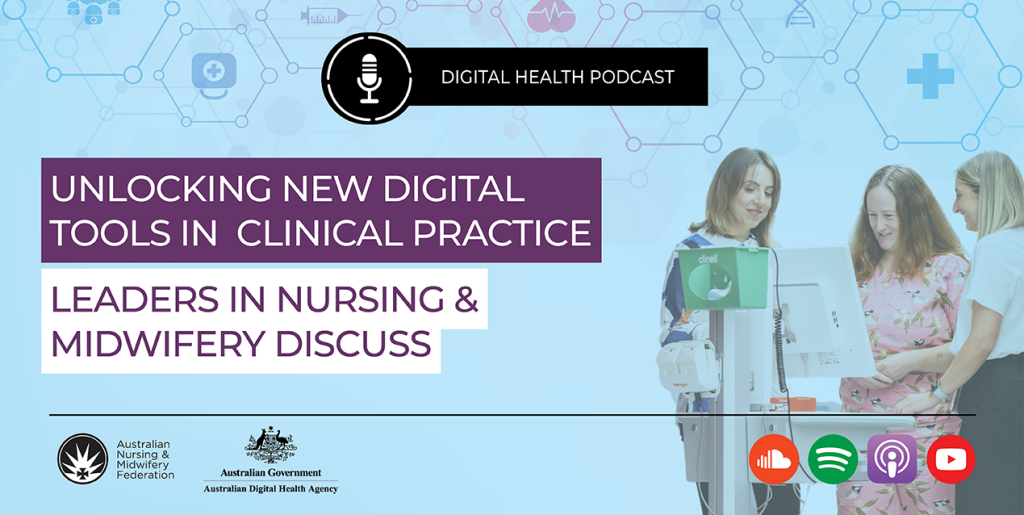
Join us for the latest episode of the ANMF Podcast presented in partnership with the Australian Digital Health Agency. We know that many nurses and midwives see the benefits AI can bring to care outcomes. However, many have concerns about the potential loss of human decision making and skills that we can lose as nurses […]
Webinar: Pathology and diagnostic imaging results in My Health Record – new legislation
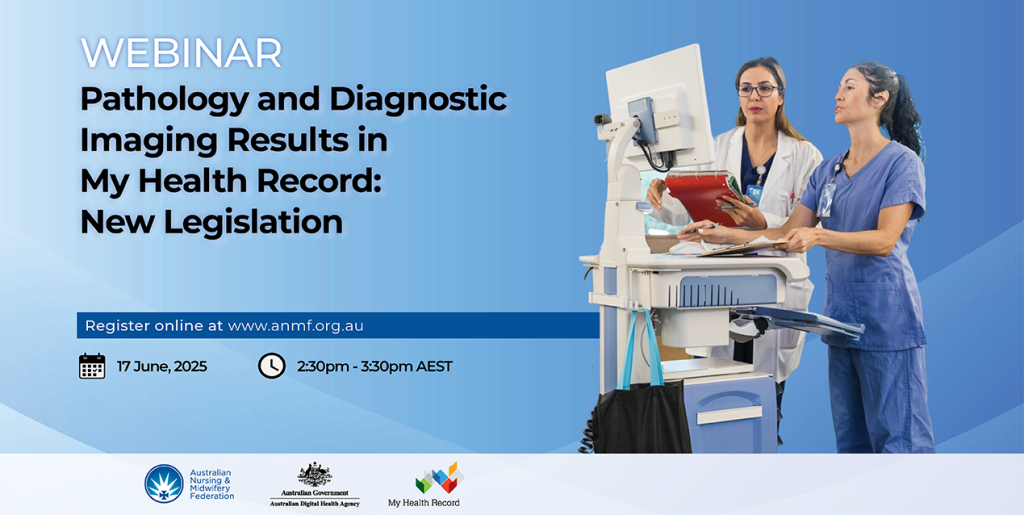
New mandatory requirements for pathology and diagnostic providers to upload test results to My Health Record is the theme for a new digital health webinar. Come join us for this latest webinar, jointly run by the Australian Nursing and Midwifery Federation and the Australian Digital Health Agency as part of their digital health series. Consumer […]
Nurses and midwives highlight challenges in using electronic medical records (EMRs)
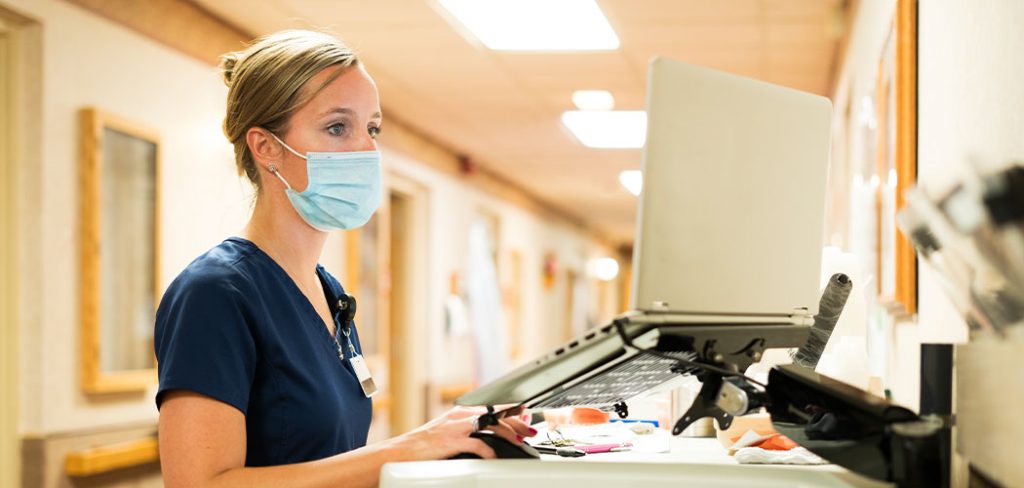
Health services should prioritise gaining a deeper understanding of the experiences of nurses and midwives in using electronic medical records (EMRs). By doing so, they can develop user-friendly systems which reduce stress and burnout and enhance clinical and safety outcomes, new research has found. The study, published in the September–November 2024 issue of the Australian […]
Assessing what makes a reasonable decision with AI

With the increasing impact of artificial intelligence (AI), researchers are exploring the role of technology in clinical decision-making and explanations in healthcare. “Clinicians must calibrate their judgement against a whole constellation of other factors, even if they are using an AI tool that is well validated and highly accurate,” said Dr Ian Stedman, a lawyer […]
Nurses must be included in shaping digital innovations in aged care
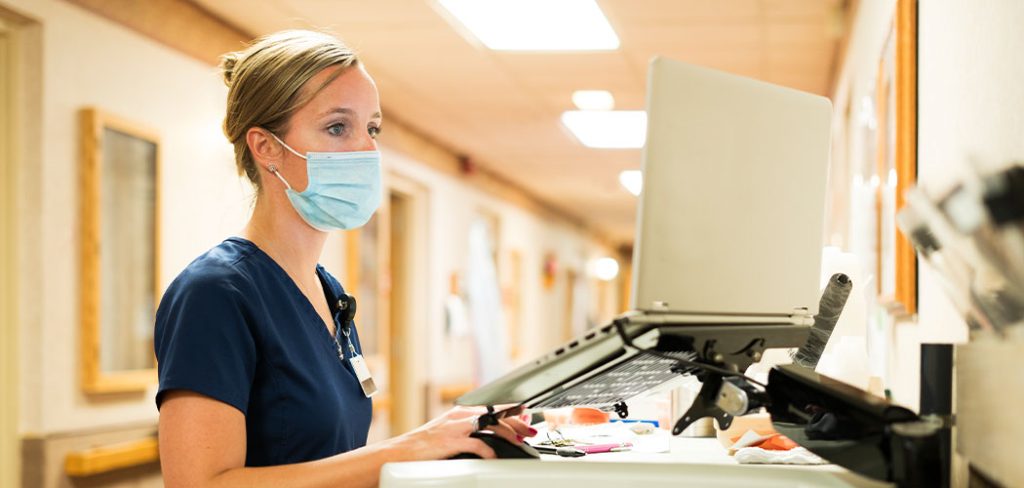
Digital technology can assist aged care nurses to manage end of life in nursing homes, however, ensuring its impact requires better tools, training and ongoing support, according to a new study. Published in the journal BMC Nursing, the study interviewed nursing staff in 15 residential aged care facilities across three Australian states. It found nurses […]
More needed to address challenges for women in Australia’s digital health workforce

More women are choosing to continue their careers in digital health as gender diversity in the sector improves. But challenges remain, according to the Gender Diversity in Australia’s Digital Health Workforce 2024 Report. Launched last week, the report was based on the 2023 census on gender diversity and aims to address the lack of research […]
Virtual reality to improve mealtimes for people with dementia
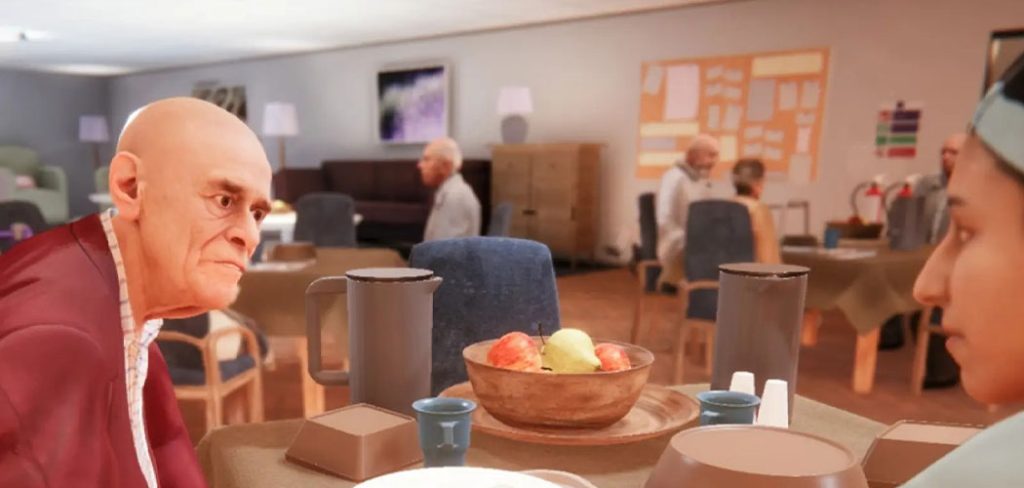
A virtual reality experience to assist health workers in caring for patients with dementia at mealtimes has been recently released by Dementia Australia. Dementia Australia’s Dine with Ted allows participants to engage in a dining experience from the perspective of a person living with dementia. The three-hour virtual reality program uses avatar technology to educate […]
AI to help address aggression in the ED
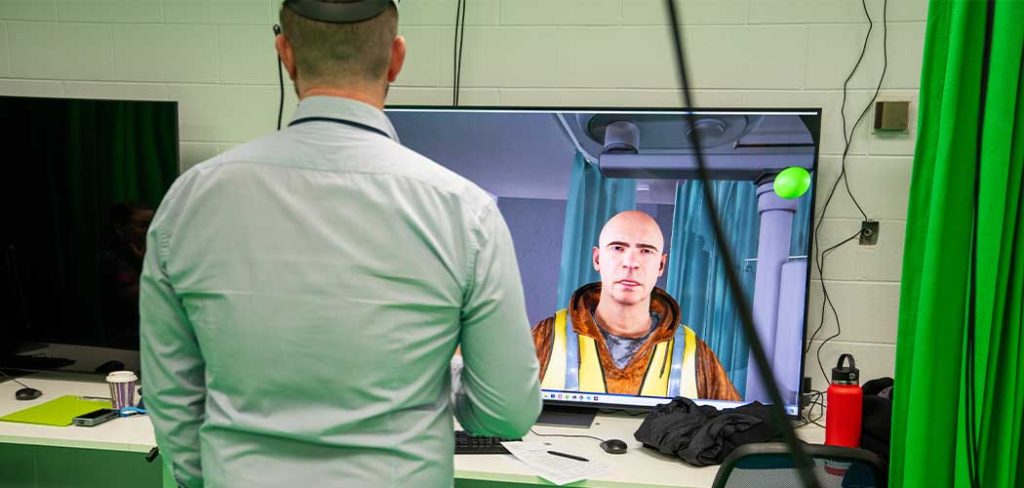
Artificial intelligence (AI) has been integrated into an immersive virtual reality enhanced computer simulation program to train frontline healthcare workers in de-escalating aggression in patients. Developed by researchers from Edith Cowan University (ECU), ‘Barry’ is an AI computer-based model that allows clinicians and students to verbally interact with him in a hospital setting. Users have […]
Karen Booth appointed Australian Digital Health Agency’s first Chief Clinical Adviser (Nursing)
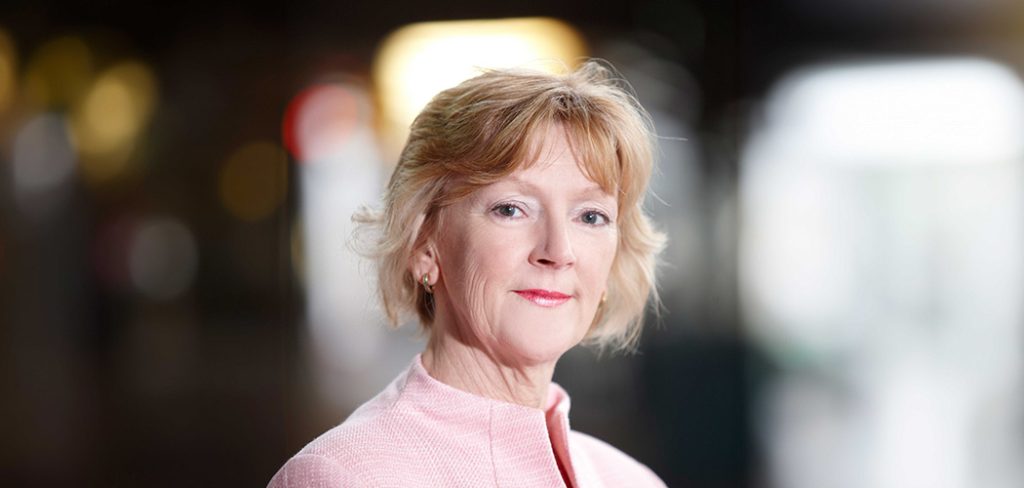
The Australian Digital Health Agency has appointed Karen Booth, President of the Australian Primary Health Care Nurses Association (APNA), as its inaugural Chief Clinical Adviser (Nursing). Ms Booth, a highly respected and experienced nurse with a background in primary care, preventative care, clinical government and leadership, said she was honoured and excited to join the […]
The Evitable Conflict: ANMF’s Submission to the Select Committee on Adopting Artificial Intelligence (AI)

The Australian Nursing and Midwifery Federation (ANMF) recently made a submission to the Australian Government’s Senate Select Committee on Adopting Artificial Intelligence (AI). The Committee sought evidence on opportunities and impacts for Australia arising out of the uptake of AI technologies. This included consideration of recent national and international trends and opportunities, potential benefits and […]

